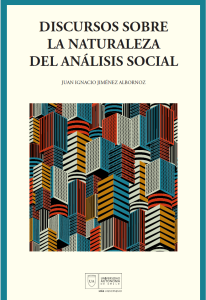(Salimos de la programación habitual de cosas de sociología. Aunque debiéramos volver, ya estamos a mediados de marzo al fin y al cabo).
Por estos días estaba participando en una discusión en un foro a propósito de la objetividad de los juicios de valor de obras musicales y una discusión adicional que apareció fue a propósito de la importancia del sonido en la música clásica y si en realidad lo que valía la pena era más bien sólo la partitura. Para que no se me olviden las cosas lo dejo aquí,
The difference is of degree, but obviously I think I am right. But at least I think I have some reasons:
(1) If sounds are a small part, then why composers are tipically interested in that their pieces are played?
(2) If sounds are a small part, why people like Glenn Gould play music (even as only recordings) and not dedicate their time to only study scores or to teach other people how to read scores?
(3) If sounds are a small part, why the characteristics of sound are actually taken on account by composers? (at the very least the different qualities of different chords?)
(4) If sounds are a small part, why composers had invented better ways to represent sound in scores through time?
All that kind of stuff makes me think that sound is relevant, and that scores -even if scores are more relevant, since as Mahlerian [otro participante en la discusión] says all performings are in the score- can’t be understood alone as separated of sound.
After all, of someone that can ‘read’ scores (intervalic relationships, chords transitions, tonalities etc.) but can’t relate scores to sounds we couldn’t say that is able to read scores. Is like Etruscan: We can ‘read’ inscriptions -they use greek script- but since we can’t get the language, we are unable to read them (to know what they are saying). IMHO, to read musical scores you need to know their relationship to sounds.





 .
.